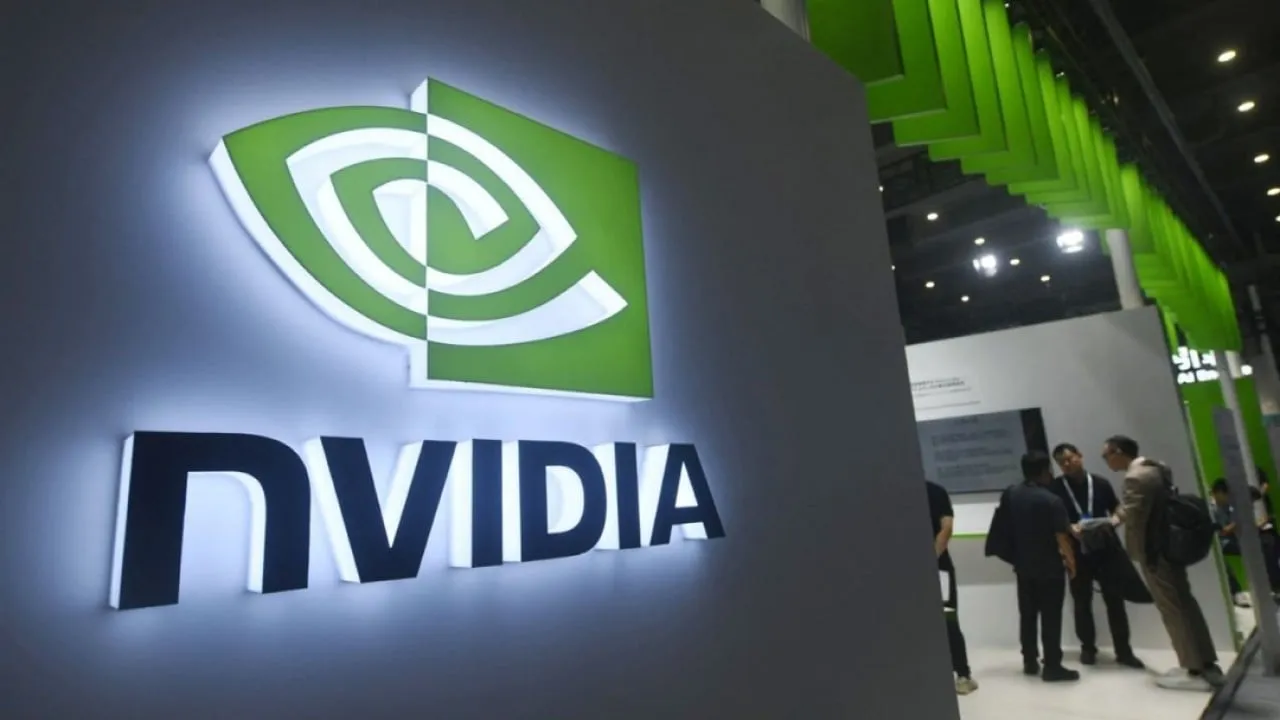Nvidia Faces Potential US$1 Billion Fine in China Antitrust Investigation

Nvidia Under Scrutiny by China's Antitrust Regulators
As the US artificial intelligence (AI) chip giant, Nvidia, finds itself facing a possible fine of up to US$1 billion under China's antitrust probe, experts suggest this may be a retaliatory action linked to Washington's chip restrictions. The Chinese State Administration for Market Regulation has announced an investigation into Nvidia’s 2019 acquisition of Mellanox Technologies.
Implications of the Investigation
China's antimonopoly law will be applied to assess the implications of Nvidia's dealings. While Nvidia received 'conditional' approval for its acquisition back in April 2020, the US company's recent restrictions on GPU exports to China have raised concerns in Beijing. Chinese media indicate that Nvidia could face fines totaling up to US$1.03 billion, reflecting 10 percent of its 2024 revenues in China.
Potential Consequences for Nvidia
- The fine could range from 1% to 10% of previous year sales.
- If deemed particularly harmful, penalties could escalate by 2 to 5 times.
- Nvidia's cooperation during the investigation may influence the final outcome.
According to Liu Xu, a research fellow at Tsinghua University, the investigation could result in fines that significantly impact Nvidia’s profitability in its third-largest market.
Nvidia's Response to the Investigation
Nvidia maintains it operates on merit, emphasizing its value proposition to customers. In response, the company expressed readiness to assist regulators with inquiries. However, with increasing competition from Huawei Technologies and local startups, Nvidia's position in the Chinese market could face further tests.
Conclusion: The Global Implications
This probe serves as a potential warning shot affecting not just Nvidia but also broader US-China business relations. Given the implications for both sides regarding international trade and technology dominance, the outcome may resonate across the global economy.
This article was prepared using information from open sources in accordance with the principles of Ethical Policy. The editorial team is not responsible for absolute accuracy, as it relies on data from the sources referenced.